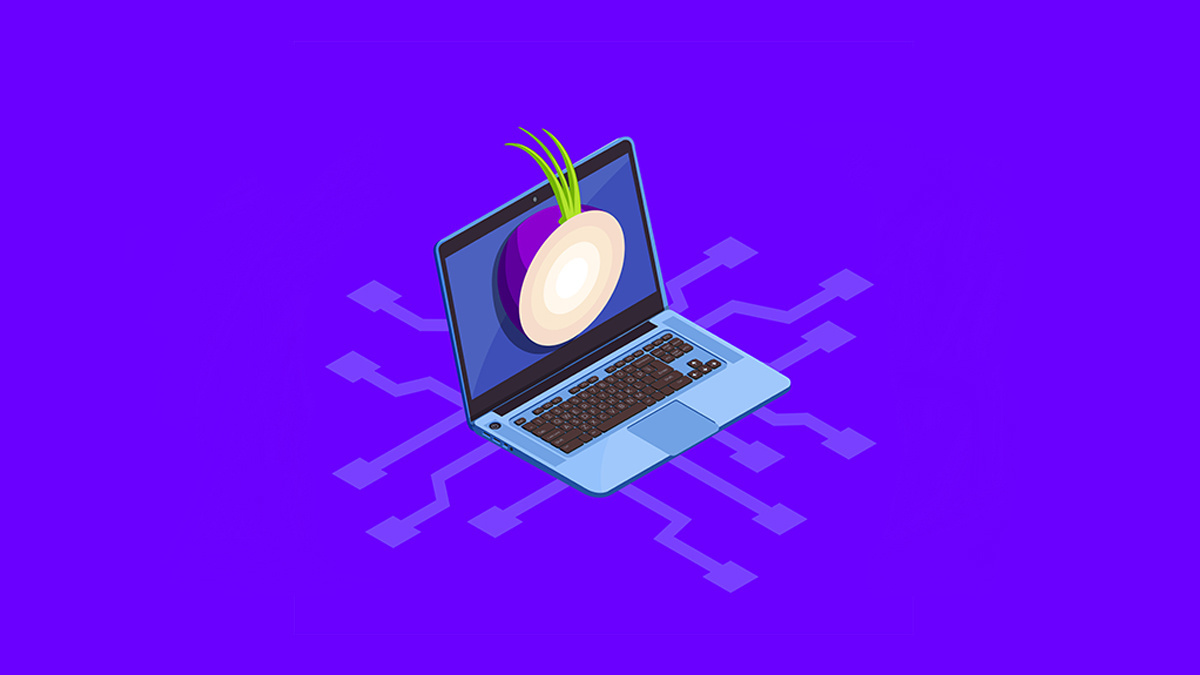VPN+ tech detailed during annual ‘State of the Onion’ update

The Tor Project is going beyond the browser with plans to develop VPN-like software in order to offer enhanced privacy safeguards.
Tor VPN will initially be developed for Android, with a target delivery date in 2023, before porting to desktop platforms over an unspecified timescale.
The development work will initially involve a collaboration between developers on the Tor Project and Guardian Project, which is known for Orbot, a proxy server that provides anonymity to users.
“This isn’t just the simplest way we’ve found to talk about what will be an evolving project,” developer Matthew Finkel explained during the annual ‘State of the Onion’ livestream on Wednesday (November 17).
“The web browser doesn’t meet everyone’s needs – especially on Android where apps provide a rich experience.”
Expanded censorship circumventions
What’s aimed for is a development of Orbot and “perhaps a little more”, including the ability to route safe device traffic and/or specific application traffic through Tor.
These developments will expand censorship circumventions to any application on a device.
Finkel explained: “[This work] does not mean that we are developing a magical anonymizing filter-tunnel – don’t expect that this app will look at app traffic and remove identifying information.”
BACKGROUND Tor security: Everything you need to know about the anonymity network
The two-and-a-half-hour event also heard from developers working on the Tor Browser software and the associated anonymity network, as well as talks from developers of other privacy-enhancing technologies including SecureDrop and Ricochet.
In July, with the release of Tor 10.5, developers integrated the tor daemon, bootstrapping it directly into the browser’s user interface.
The upgrade from Tor Browser 10 to Tor Browser 11 involved updates to the base Firefox browser from 78-esr to 91-esr, a process that involved auditing Firefox patches to make sure they complied with Firefox privacy guarantees.
During the course of 2021, developers also deprecated various v2 Onion Service sites. These v2 Onion Service Sites are no longer available in the recently released Tor Browser 11.
State of the Future
The previous 2020 edition of the State of the Onion focused on improvements to network speed and performance.
Georg Koppen, network health lead on the Tor Project, said much of this work remains ongoing. “[Next year] we want to improve the overload situation and remove performance bottlenecks, for instance by using the SBWS bandwidth scanner and giving load back to under utilized relays from overloaded relays until the overload is gone,” Koppen explained.
Catch up on the latest Tor-related news and anlysis
Work on weeding out bad relays, the focus of new scanners and enhanced monitoring this year, also remains an ongoing battle.
Behind the scenes, other Tor Project software developers are rewriting the Tor codebase in Rust. Arti, released as an alpha 0.0.1 release earlier this month, supports multithreading unlike the mainstream version of Tor written in C.
The technology, whose development was funded by grants and donations, remains a prototype.
YOU MAY ALSO LIKE New and improved Linux Random Number Generator ready for testing






